Close arrow_back
- menu title
-
Custom Menu
add remove
-
Navigation
add remove
-
menu title
add remove
-
menu title
add remove
-
menu title
add remove
-
menu title
add remove
-
menu title
add remove
- menu title
-
Custom Menu
add remove
- Navigation add remove
-
menu title
add remove
-
menu title
add remove
-
menu title
add remove
-
menu title
add remove
-
menu title
add remove
Facilitation Convention (FAL), 2017 Edycja
This consolidated edition of the FAL Convention includes the 2016 amendments adopted by FAL 40
which enter into force 1 January 2018.
These amendments introduce new definitions. Electronic exchange of information will be mandatory
from 9 April 2019 with a transition period of no less than 12 months. The text recommends the use of
‘Single Window’ systems and has been revised in a gender-neutral format. Three additional documents
have been introduced for ship’s clearance: Security-related information as required under SOLAS
regulation XI-2/9.2.2, Advance electronic cargo information for customs risk assessment purposes, and
Advanced Notification Form for Waste Delivery to Port Reception Facilities. Additional guarantees have
been included relating to the shore leave of crew members. IMO FAL forms have been revised.
which enter into force 1 January 2018.
These amendments introduce new definitions. Electronic exchange of information will be mandatory
from 9 April 2019 with a transition period of no less than 12 months. The text recommends the use of
‘Single Window’ systems and has been revised in a gender-neutral format. Three additional documents
have been introduced for ship’s clearance: Security-related information as required under SOLAS
regulation XI-2/9.2.2, Advance electronic cargo information for customs risk assessment purposes, and
Advanced Notification Form for Waste Delivery to Port Reception Facilities. Additional guarantees have
been included relating to the shore leave of crew members. IMO FAL forms have been revised.
Podobne z kategorii
Availability: Out of stock
This Guide has been developed to consolidate existing IMO maritime
security-related material into an easily read companion guide to SOLAS
chapter XI-2 and the ISPS Code in order to assist States in promoting
maritime security through development in the requisite legal framework,
associated administrative practices, procedures and technical and human
resources.
It is intended both to assist SOLAS Contracting Governments in the
implementation, verification, compliance with, and enforcement of, the
provisions of SOLAS chapter XI-2 and the ISPS Code. It should also serve
as an aid and reference for those engaged in delivering capacity-
building activities in the field of maritime security.
This second edition of the Guide incorporates guidance approved by the
Maritime Safety Committee on the development of maritime security
legislation as well as maritime cyber risk management, and includes
updated sources for further information to support the implementation of
the ISPS Code.


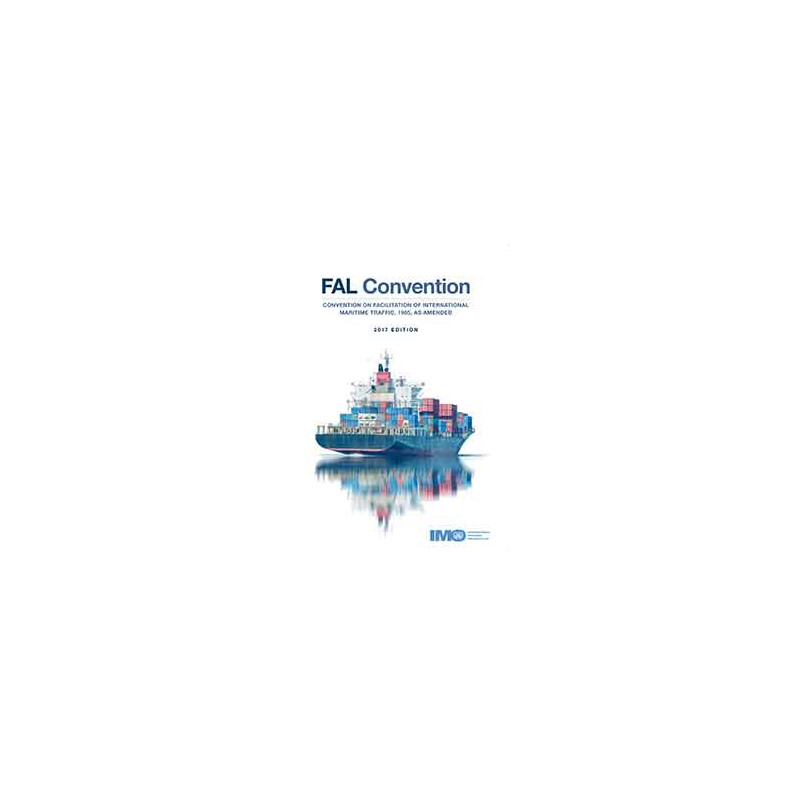

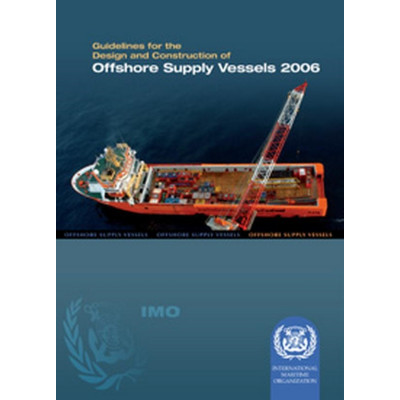
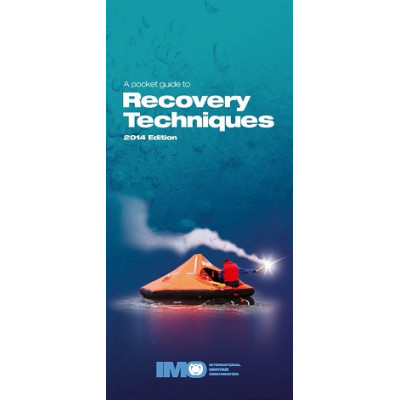
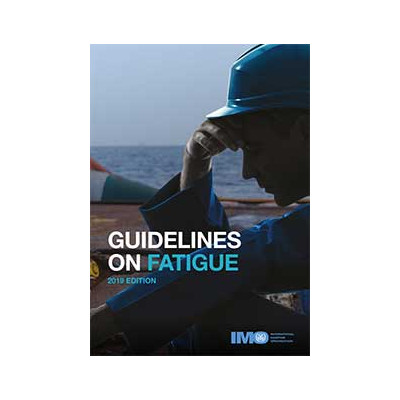
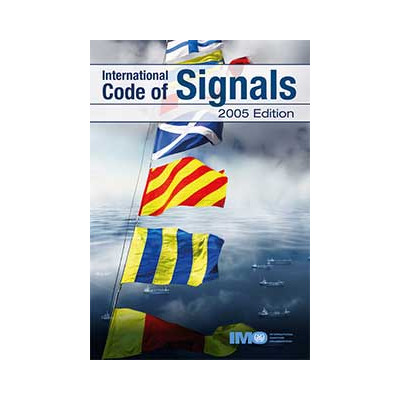
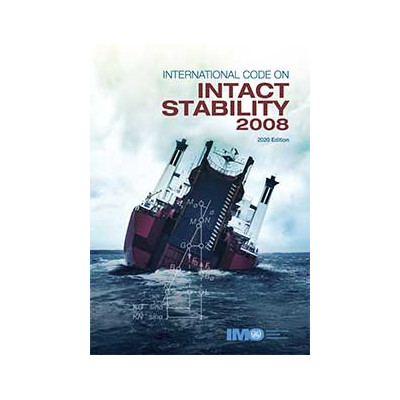
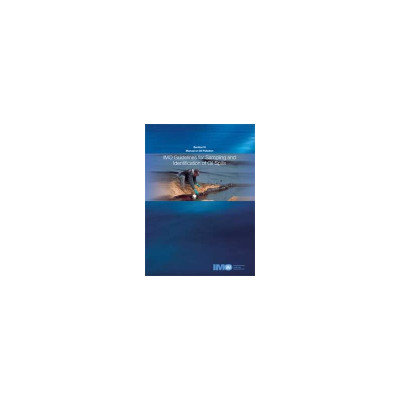
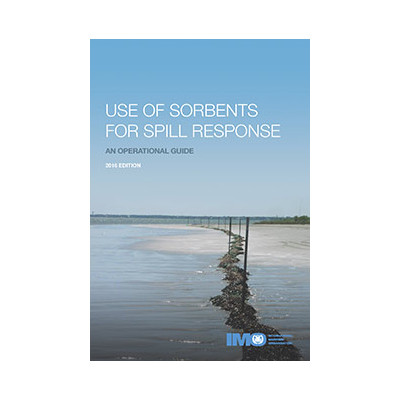
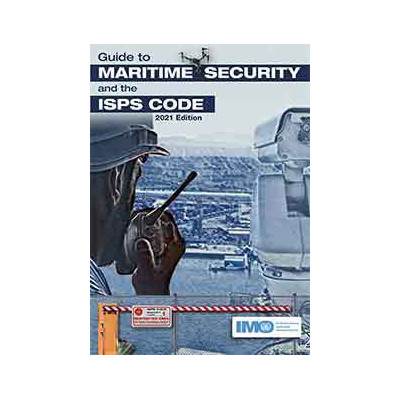
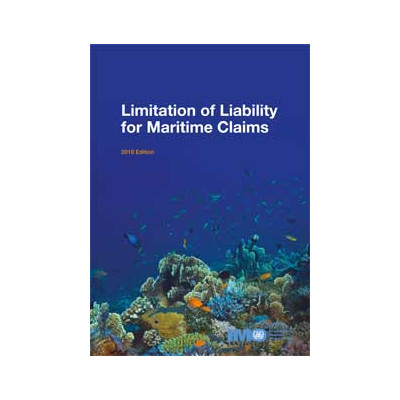
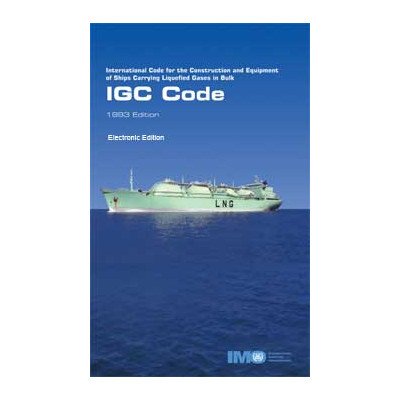
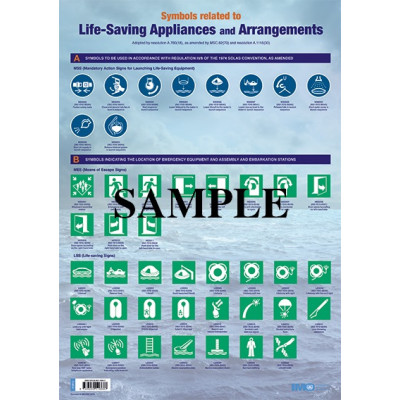
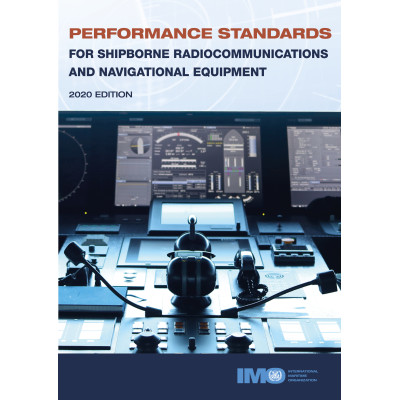
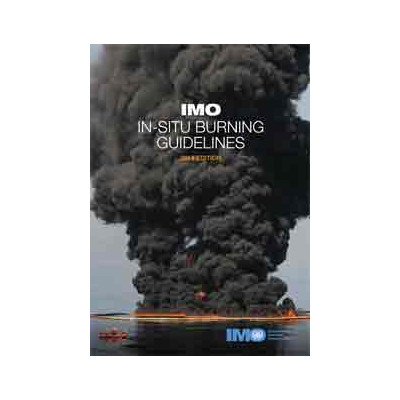
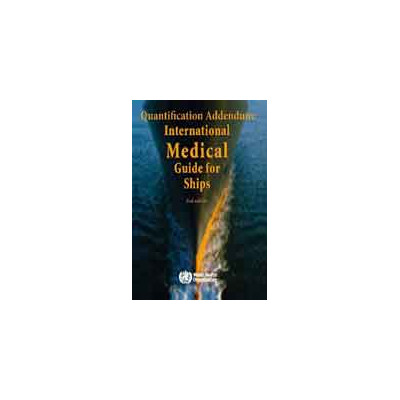
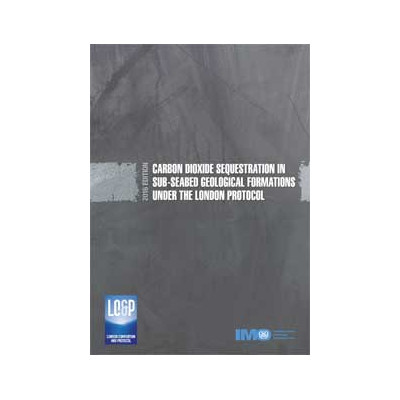
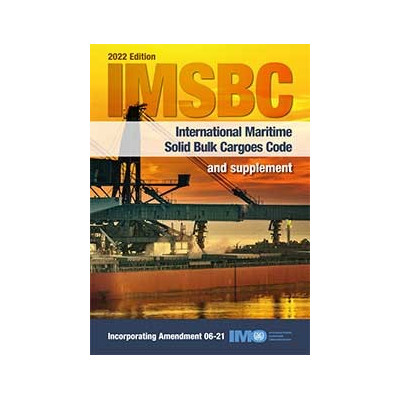
 Cookies
Cookies